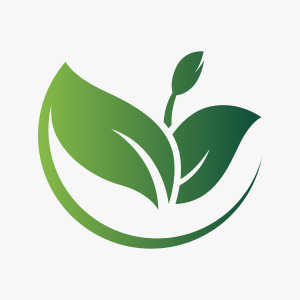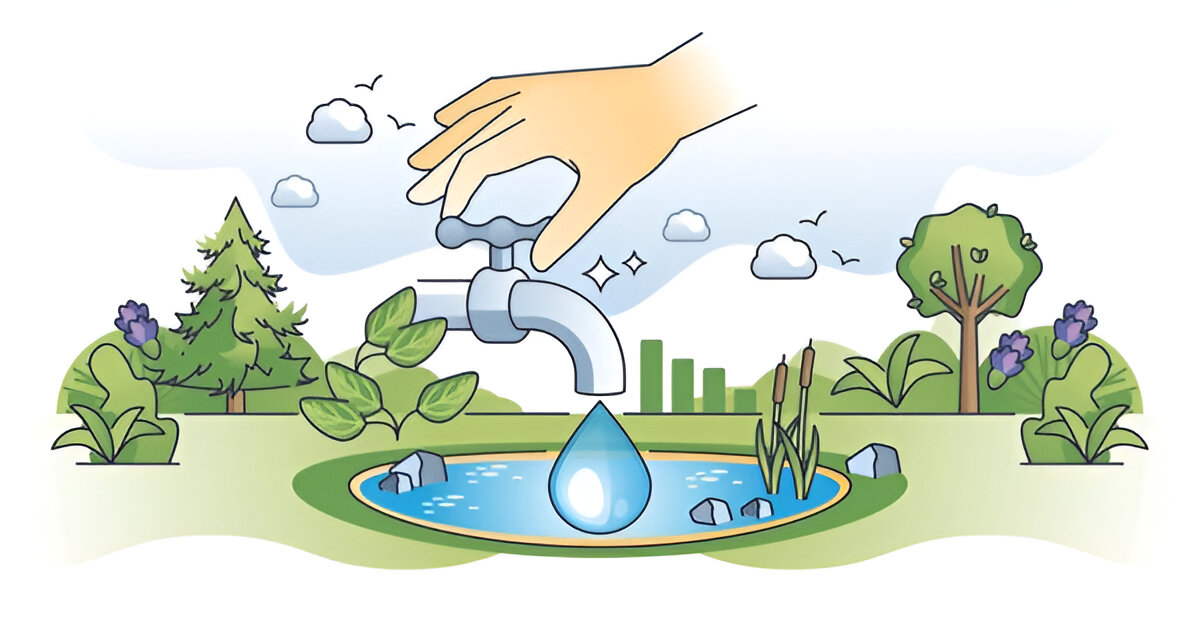Introduction
A blocked sink is one of the most common plumbing issues homeowners face. Grease, soap scum, and food scraps often cause drain blockage, leaving you frustrated and reaching for quick fixes. Many people turn to harsh chemical drain cleaners, but these are harmful to your pipes, your health, and the environment.
The good news? There are eco-friendly plumbing solutions that act as natural drain cleaners and maintainers—keeping your sink clear without toxic chemicals. This article explores safe, effective, and sustainable ways to unblock your sink, plus preventive tips and advice on when to call a professional plumber.
Why Eco-Friendly Drain Cleaning Matters
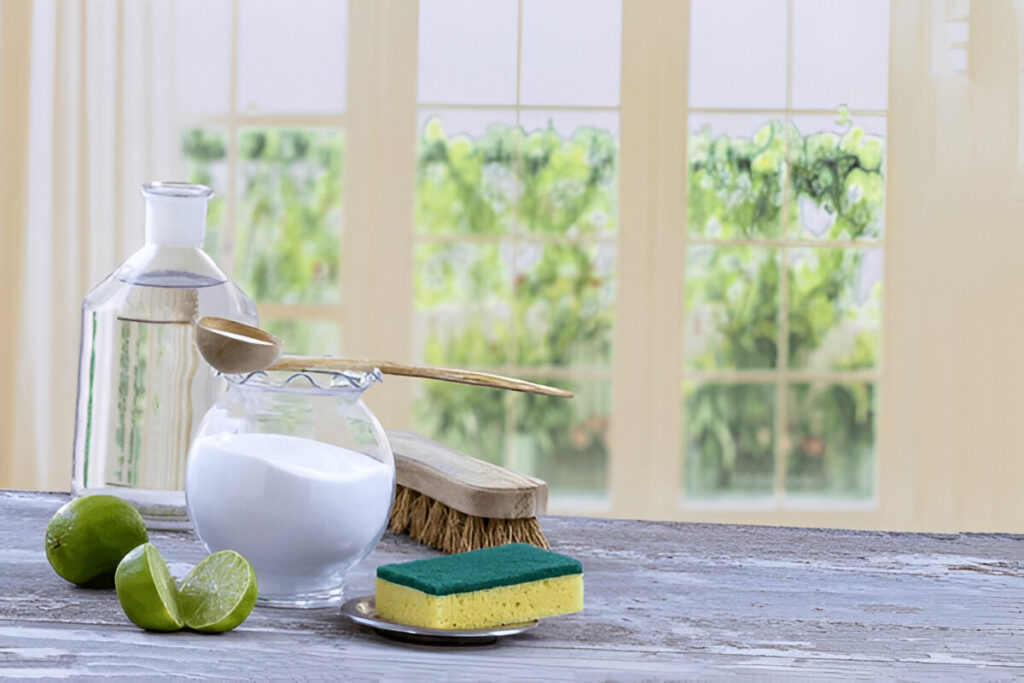
Protects the Environment
Chemical drain cleaners contain caustic agents that pollute waterways and harm aquatic life. Eco-friendly alternatives, such as baking soda and vinegar, break down naturally without causing damage.
Preserves Your Plumbing
Harsh cleaners can corrode metal pipes or warp plastic, leading to leaks and costly repairs. Natural drain cleaning methods are gentle and extend the life of your plumbing system.
Safer for Your Health
Toxic fumes from chemical cleaners can irritate eyes, lungs, and skin. Eco-friendly drain cleaning solutions are safe for everyday use and family-friendly.
Common Causes of Sink Blockages
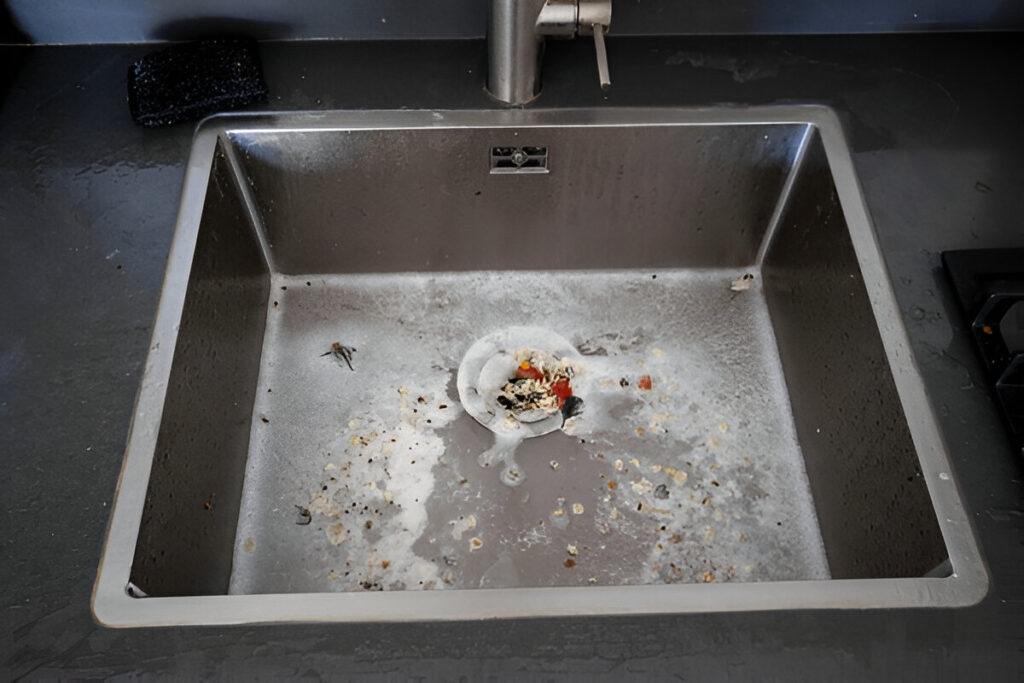
Knowing what causes a drain blockage helps you choose the right drain cleaner or method. The most frequent culprits include:
- Grease and Fat Build-Up: Cooking oils solidify inside pipes.
- Food Scraps: Rice, pasta, coffee grounds, and vegetable peels often clog drains.
- Soap Scum: A sticky residue forms when soap reacts with hard water minerals.
- Hair: Especially in bathroom sinks, tangled hair is a leading cause of clogs.
- Foreign Objects: Small items like toothpaste caps or jewelry can accidentally slip in.
Eco-Friendly Ways to Unblock Your Sink
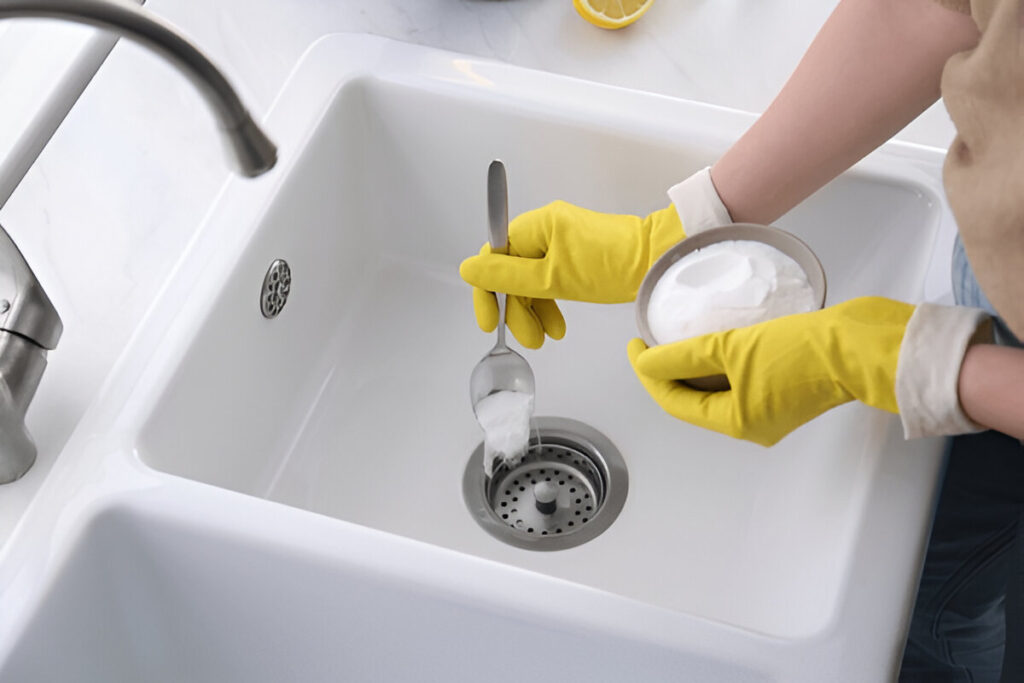
1. Boiling Water Flush
One of the simplest methods for minor drain cleaning is boiling water. Slowly pour a kettle of hot water into the sink to dissolve grease and soap scum.
2. Baking Soda and Vinegar Reaction
The classic eco-friendly drain cleaner and maintainer:
- Pour ½ cup baking soda into the drain.
- Add 1 cup vinegar and let it fizz for 10–15 minutes.
- Rinse with boiling water.
This natural reaction breaks down grime and deodorizes your sink.
3. Salt, Baking Soda, and Hot Water
Mix ½ cup salt with ½ cup baking soda, pour into the drain, then flush with boiling water. Salt acts as a scrub, while baking soda neutralizes odors.
4. Plunger Method
For stubborn clogs, use a plunger:
- Fill the sink partially with water.
- Place the plunger over the drain and pump vigorously.
This eco-friendly mechanical force can dislodge tough blockages.
5. Drain Snake or Wire Hook
A plumber’s drain snake or a homemade wire hook works well for hair and food debris. Insert, twist, and pull to remove the blockage.
6. Enzyme-Based Drain Cleaners
These cleaners use natural bacteria and enzymes to digest organic matter like grease and food scraps. They’re safe, eco-friendly, and excellent as a long-term drain cleaner and maintainer.
Preventing Future Drain Blockages
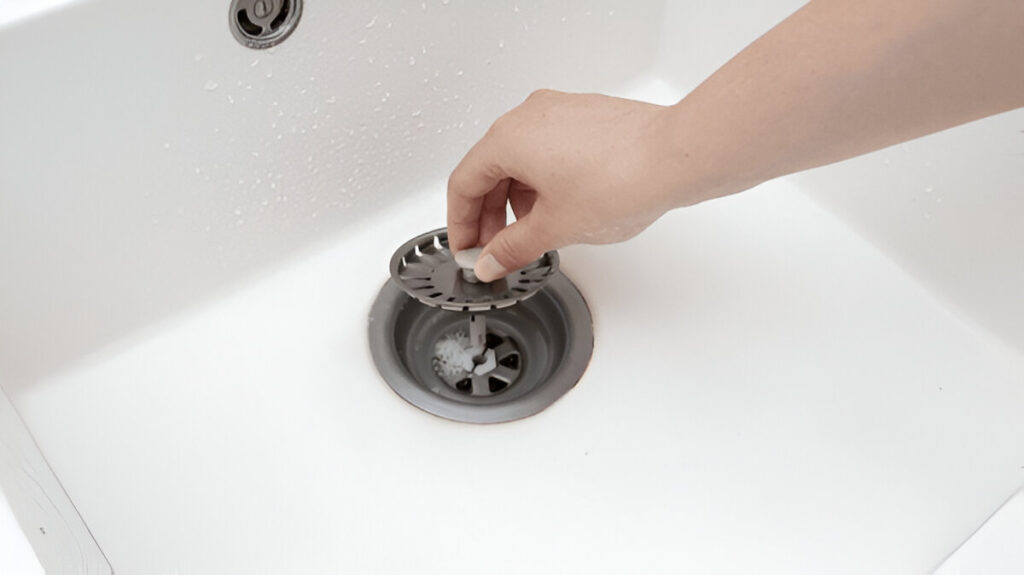
Keep your drains clear with these eco-friendly habits:
- Install a Sink Strainer to catch food waste and hair.
- Dispose of Grease Properly—never pour it down the drain.
- Flush with Hot Water Regularly to prevent buildup.
- Use Baking Soda Weekly as a natural drain cleaner and maintainer.
- Compost Food Waste instead of washing it down the sink.
When to Call a Professional Plumber

DIY methods work for most clogs, but some situations require a plumber’s expertise. Call a professional if:
- Multiple drains in your home are blocked.
- Water backs up despite repeated drain cleaning attempts.
- Persistent foul odors linger after eco-friendly treatments.
- Strange gurgling sounds come from your pipes.
A plumber can use advanced drain cleaning tools like hydro-jetting to clear serious blockages safely.
Eco-Friendly Drain Maintenance Routine
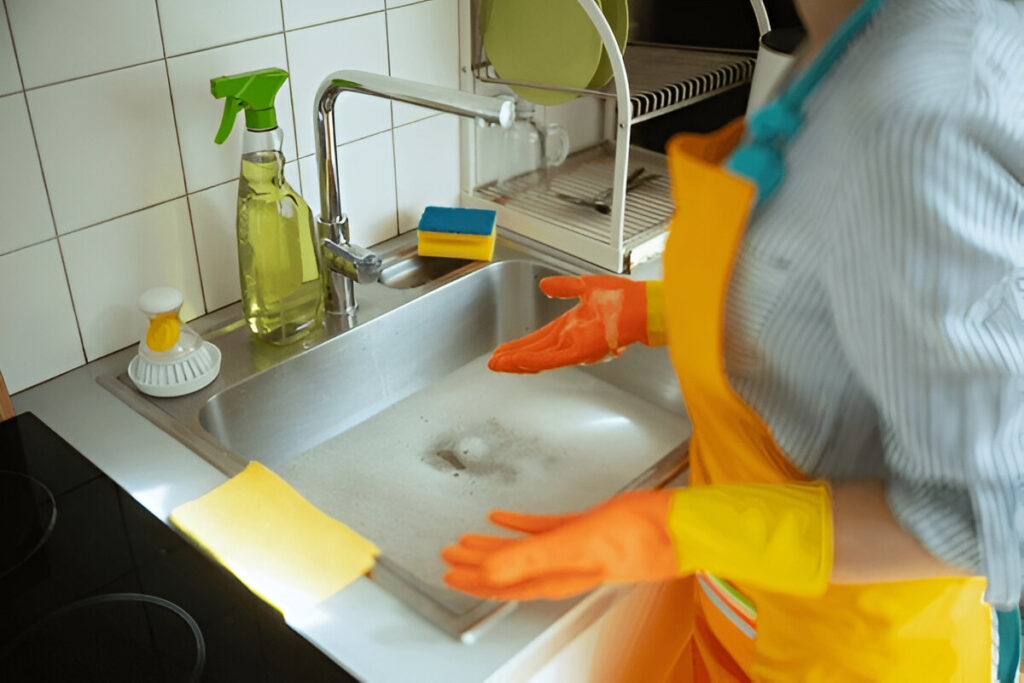
- Weekly: Flush drains with boiling water.
- Monthly: Use baking soda and vinegar as a natural drain cleaner and maintainer.
- Quarterly: Apply enzyme-based drain cleaners for long-term prevention.
- Annually: Schedule a plumbing inspection for peace of mind.
Conclusion
Unblocking a sink doesn’t mean relying on harsh chemicals. Eco-friendly methods—such as boiling water, baking soda and vinegar, plungers, drain snakes, and enzyme-based cleaners—are safe, effective, and better for the environment.
By adopting these green plumbing practices and using natural drain cleaners as regular maintainers, you’ll protect your pipes, your health, and the planet. And if a drain blockage proves too stubborn, a professional plumber is only a call away.
Make the switch today: keep your drains flowing with eco-friendly drain cleaning solutions that are safe, sustainable, and reliable.
Frequently Asked Questions (FAQs) About Eco-Friendly Sink Unclogging
1. What is the best eco-friendly way to unclog a sink?
The best eco-friendly way to unclog a sink is to use baking soda and vinegar followed by boiling water. This natural reaction breaks down grease, food particles, and soap scum without harmful chemicals. For tougher clogs, try a plunger or a plumber’s drain snake.
2. Can baking soda and vinegar damage plumbing pipes?
No—baking soda and vinegar are safe for most plumbing systems. Unlike chemical drain cleaners that can corrode pipes, this natural solution is gentle and effective. In fact, many plumbers recommend using it regularly as a drain cleaner and maintainer.
3. Are enzyme-based drain cleaners safe for septic systems?
Yes. Enzyme-based drain cleaners are biodegradable, non-toxic, and safe for septic tanks. They use natural bacteria and enzymes to break down organic matter such as grease, food, and soap buildup—making them an excellent eco-friendly drain cleaning solution.
4. When should I call a plumber for a blocked sink?
If your sink remains clogged after trying eco-friendly drain cleaning methods, or if multiple drains in your home are backing up, it’s time to call a professional plumber. Signs like foul odors, slow drainage across multiple sinks, or gurgling noises may indicate a deeper drain blockage in the main line.
5. How can I prevent future drain blockages naturally?
To prevent future clogs, follow these eco-friendly tips:
- Use a sink strainer to catch food and hair.
- Dispose of grease in a container instead of pouring it down the sink.
- Flush drains weekly with boiling water.
- Use baking soda and vinegar monthly as a natural drain cleaner and maintainer.
- Compost food scraps rather than washing them into the sink.
